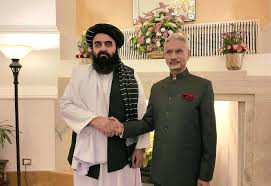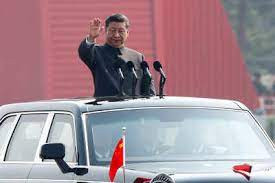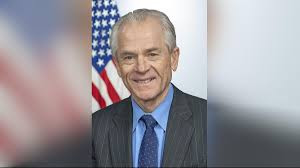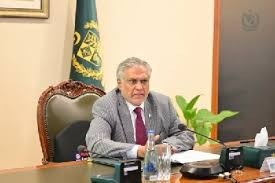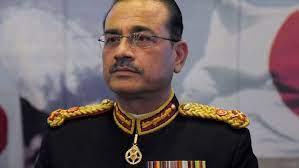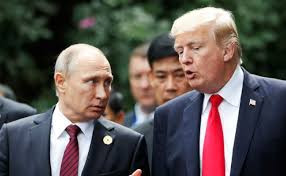Israel-Iran Tensions Escalate: Iran Launches Drone Retaliation After Israeli Strikes, Following Khamenei’s Warning
IIE DIGITAL DESK : Tensions in the Middle East have reached a dangerous boiling point as Iran launched a retaliatory drone attack involving over 100 unmanned aerial vehicles (UAVs) in response to an Israeli strike deep inside Iranian territory. The rapidly intensifying conflict comes just hours after Iran’s Supreme Leader Ayatollah Ali Khamenei issued a stern warning, vowing to respond “decisively” to what he termed acts of aggression.
The latest escalation began when Israel reportedly carried out targeted airstrikes on strategic military installations near Isfahan, a region known to house some of Iran’s nuclear infrastructure and missile bases. Though Israel has not officially confirmed the attack, international intelligence sources and Iranian state media acknowledged significant damage and several casualties, though full details remain unclear.
Iran launched what it called a “limited but symbolic retaliation,” deploying more than 100 drones toward Israeli targets late into the night. According to Iranian military officials, the drones were aimed at critical military installations and were intended to send a strong message of deterrence. Iranian state TV broadcast images of the drones being launched, accompanied by chants of “Death to Israel” and fiery speeches from Revolutionary Guard commanders.
In Tel Aviv and other key Israeli cities, air raid sirens were triggered as the drones crossed into Israeli airspace. The Israel Defense Forces (IDF) immediately activated its multi-layered missile defense systems, including the Iron Dome and David’s Sling systems, intercepting the majority of the drones before they could reach their targets. However, reports suggest that at least a handful managed to breach defenses, causing minor damage and triggering emergency lockdowns in affected areas.
Israeli Prime Minister Benjamin Netanyahu held an emergency meeting with defense and intelligence officials shortly after the attacks. In a brief televised statement, he accused Iran of escalating hostilities in the region and warned that Israel would respond “with full force and without hesitation” to any threat against its citizens. “We will not allow Tehran to dictate the security dynamics of the Middle East,” Netanyahu declared.
This latest exchange marks one of the most direct and aggressive confrontations between the two arch-rivals in recent years, raising fears of a broader regional conflict. The United States, a key ally of Israel, has called for restraint but has also reiterated its “ironclad” support for Israeli defense. Pentagon officials confirmed that U.S. assets in the region had been placed on high alert, with aircraft carriers and reconnaissance operations monitoring the situation closely.
The international community is urging calm. United Nations Secretary-General António Guterres expressed “grave concern” over the unfolding events and called on both sides to avoid further military escalation. “The Middle East cannot afford another war,” he stated, urging diplomatic engagement instead of retaliatory violence.
In Iran, public sentiment appears to support the leadership’s decision to respond militarily, with thousands gathering in Tehran’s central squares waving flags and chanting anti-Israel slogans. State-run media painted the drone operation as a major success, even as military experts warned that the exchange could spiral into sustained conflict if cooler heads do not prevail.
In Israel, while the government is keen to project strength and readiness, there are growing concerns about the long-term implications of entering a drawn-out confrontation with Iran. Opposition leaders have called for a full security briefing in the Knesset and urged the Netanyahu government to coordinate closely with international allies.
As both nations dig in their heels, the coming days will be critical in determining whether this flare-up becomes a full-scale war or can be reined in through backchannel diplomacy. For now, millions across the region are on edge, watching as two of the Middle East’s most powerful military forces square off in one of the most volatile escalations in recent memory.
You might also like!


